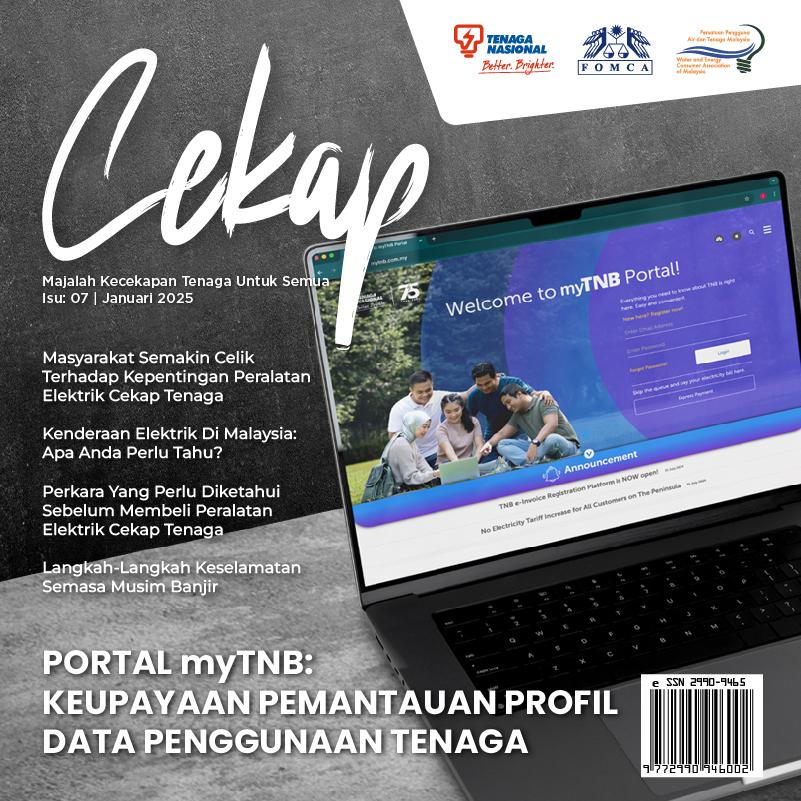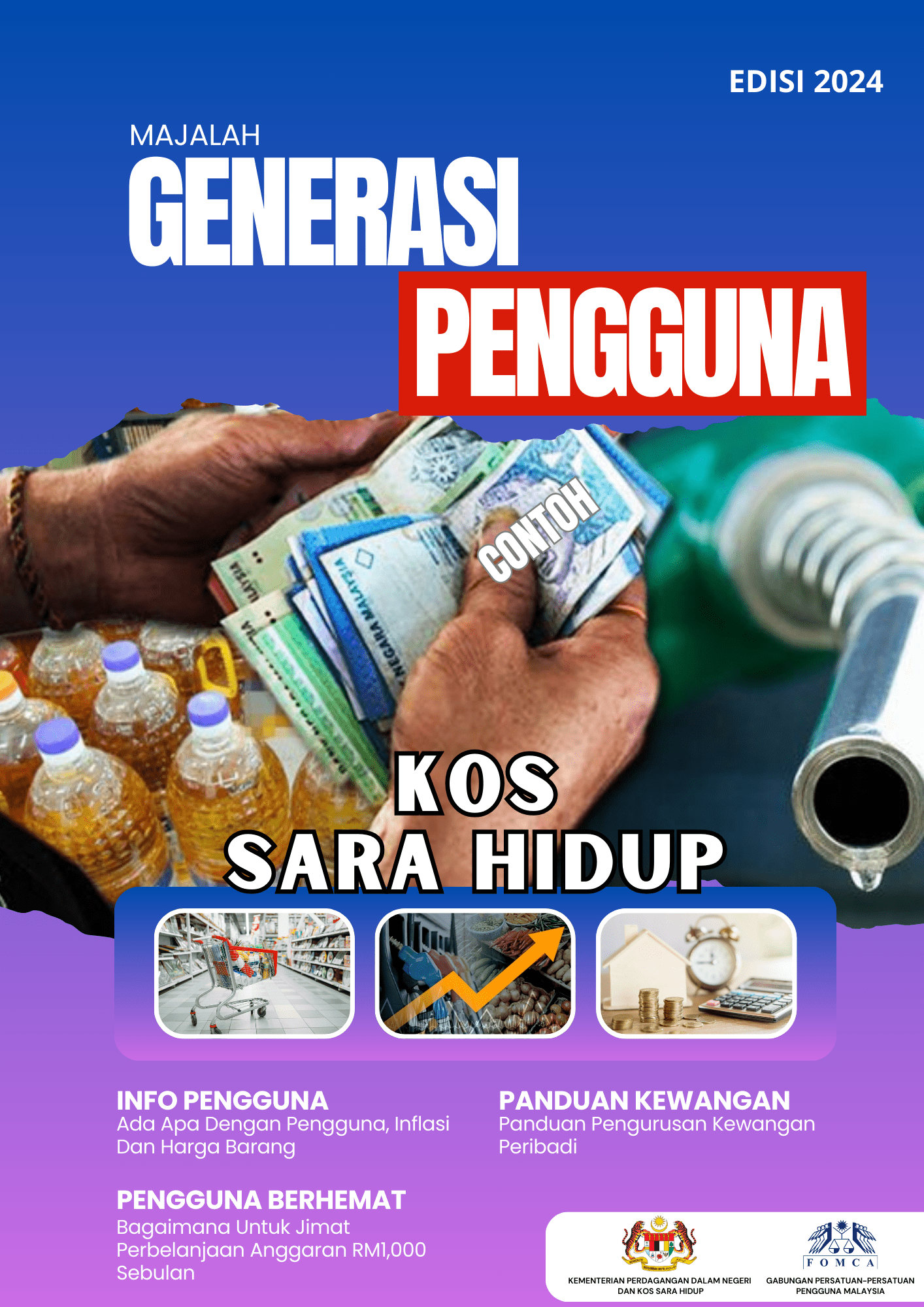 June 11, 2020 @ 12:05am
June 11, 2020 @ 12:05am
The water that Malaysians consume originates from surface water sources that have been treated in treatment plants under stringent control and complies with the minimum quality standards set by the Health Ministry as per the guidelines issued by the World Health Organisation (WHO).
The physical, chemical and microbiological components of water are checked regularly. Hence, according to the National Water Services Commission, the country's water supply is not only clean and safe to consume directly but is also free of E. coli bacteria. But what about the presence of the Covid-19 virus?
WHO has stated that the virus that causes Covid-19 has not been detected in drinking water. Conventional water treatment methods that use filtration and disinfection, such as those in most municipal drinking water systems, should remove or inactivate the coronavirus that causes Covid-19.
Besides, the risk to water supplies is low as substances added during the treatment process such as chlorine kill the pathogens before they reach the tap.
Although the risk of Covid-19 is low in drinking water and is relatively safe to consume without the need for additional water filtration, there is suspicion on how low is the low.
Different water filters have different functions. Some can make the water taste better, while others filter harmful chemicals or germs. No single filter can keep every type of contaminant out of the drinking water, and as the filter ranges in price, one must be certain of which contaminants to be removed.
Commercialised ultrafiltration filter removes contaminants in water up to 0.01 microns, while the nano filter eliminates up to 0.001 microns. As Covid-19 is approximately 0.125 microns, these filters are able to filter the virus in drinking water.
Reverse osmosis filter, with a pore size of 0.0001 microns, is highly effective in removing microbiological and common chemical contaminants. It is better than nanofiltration in filtering viruses although the cost is higher. Yet again, whatever the choice, is the additional water filtration necessary?
Covid-19 transmits in people through touch, saliva or through the air. Dr Haizhou Liu and Professor Vincenzo Naddeo wrote in the Environmental Science: Water Research & Technology journal that the virus could be transported in microscopic water droplets or aerosols, which enter the air through evaporation or spray.
Fortunately, most water treatment routines are claimed to kill or remove coronaviruses effectively by using oxidation with hypochlorous acid or peracetic acid, and inactivation by ultraviolet irradiation, as well as chlorine treatment.
Chlorine usage in water treatment plants removes the virus but produces harmless by-products called chloramine. Boiling water before consumption can kill microorganisms left in the water, including the coronavirus, as well as remove chloramine in the water.
Moreover, according to WHO Guidelines for Drinking-water Quality, viruses are inactivated at temperatures between 60°C and 65°C, but at a slower rate than bacteria. Therefore, the process of heating water to a rolling boil is sufficient to inactivate the virus should there be any left after the chlorination process in the treatment plant. Indirectly, by boiling water, dual safety precautions are applied — removing traces of chlorine and inactivating the remaining virus in the water.
This could be the cheapest method to apply during this pandemic in ensuring the safety of drinking water.
However, several steps need to be observed when boiling water.
When the water reaches a rolling boil, it should be removed from heat and allowed to cool naturally, without the addition of ice, and protected from post-treatment recontamination during storage. If turbid water needs to be clarified for aesthetic reasons, this should be done before boiling.
Our drinking water is safe to consume, thanks to stringent treatment processes. Filtration is not a necessity while boiling water before consumption would be the cheapest way to ensure the safety of drinking water.
DR NURUL NADIAH MOHD FIRDAUS HUM
SCHOOL OF CHEMISTRY AND ENVIRONMENT, FACULTY OF APPLIED SCIENCES, UITM
The views expressed in this article are the author's own and do not necessarily reflect those of the New Straits Times




